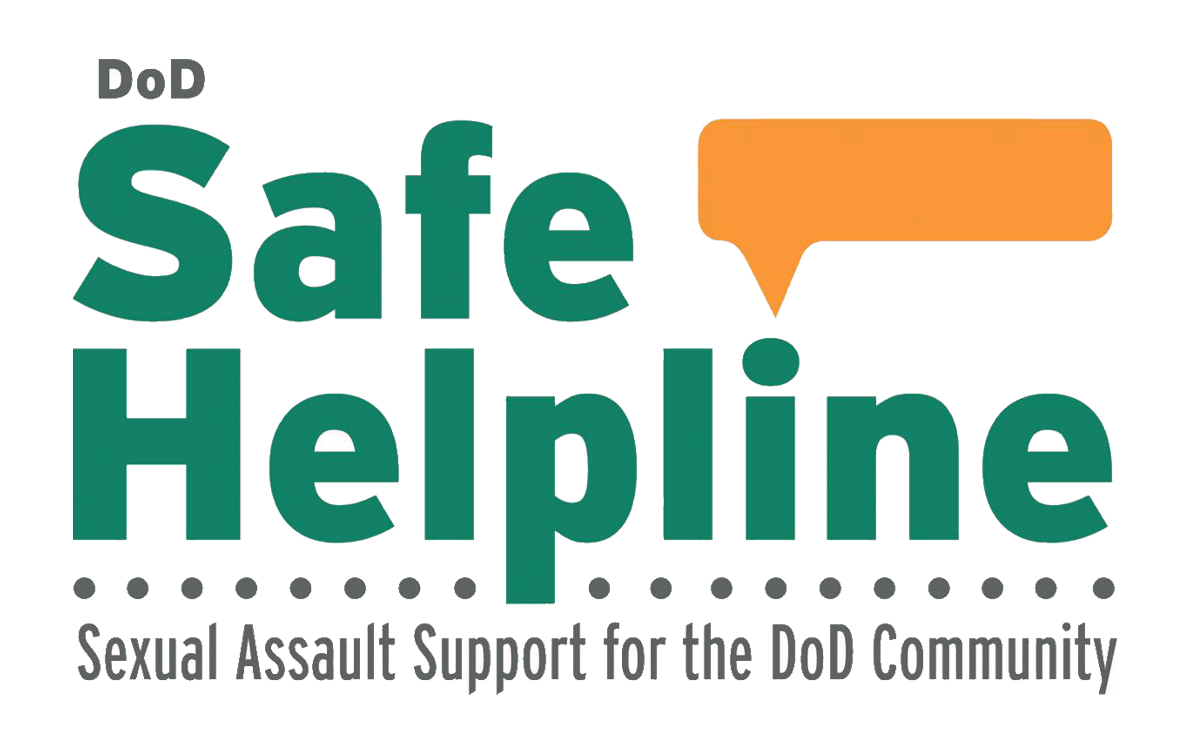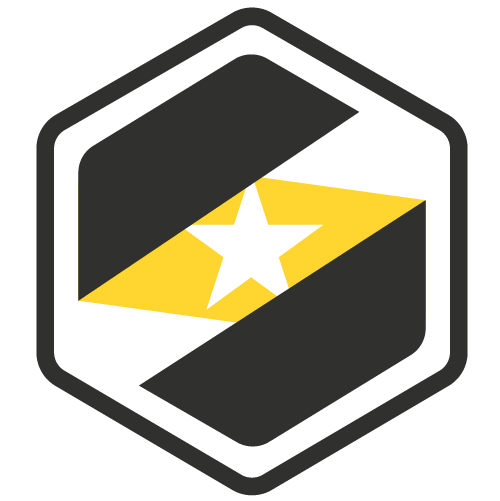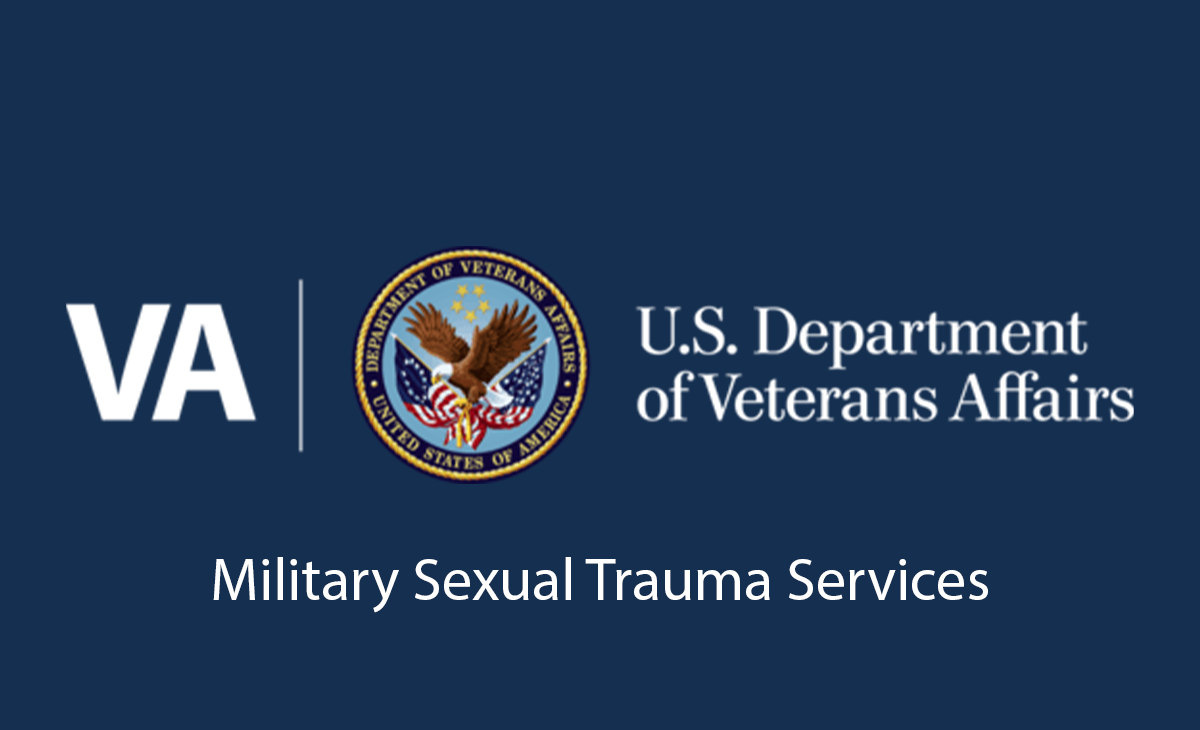

Sexual Assault Is Not Your Fault
- Sexual assault has nothing to do with you. Offenders rely on victim blaming to prevent survivors from coming forward.
- An offender can be a current or past romantic partner. Unwanted sexual contact is considered intimate partner violence (IPV). If you or someone you know is a survivor of IPV, click here for more information.
- Arousal is a bodily reaction and does not mean you wanted the sexual contact to happen.
- Sexual orientation is not the cause or outcome of sexual assault.
- Sexual assault knows no gender. If you are a man who has been sexually assaulted, click here for more information.
What Should I Do?
It is OK to feel emotionally drained and unsure of what to do after a sexual assault. It is important to remember that sexual assault is not your fault and that there are people who can help. You may want to seek medical attention to treat possible injuries and to check for injuries you may not see. Here are some steps to take:
- Do NOT clean up or straighten up where you were sexually assaulted.
- Go somewhere you feel safe and secure.
- Do NOT bathe, wash your hands, eat, drink or brush your teeth.
- Go to the hospital as soon as possible and request a Sexual Assault Forensic Exam (SAFE).
Who Should I Talk To?
Contact Your Sexual Assault Response Coordinator (SARC)
Communication between you and a SARC or Victim Advocate (VA) is privileged and will not be released to others (MRE 514). Our professionals will ensure you are protected, treated with dignity and respect, and receive timely access to medical treatment. Response services are always confidential.
Contact the DOD Safe Helpline
The DOD Safe Helpline is available 24 hours a day, seven days a week, and is anonymous, confidential and secure. Staff members will listen to you, discuss safety planning and tell you about resources, and can connect you with local resources such as a SARC or VA when you are ready.
877-995-5247 to be connected with a trained Safe Helpline staff member.
DSN users can call Safe Helpline by dialing, 877-995-5247.
Download the Safe Helpline App for direct access to chat, text and additional resources.
I Want to File a Sexual Assault Report
You have two reporting options: restricted and unrestricted. An unrestricted report will prompt an official investigation. A restricted report will not prompt an official investigation unless the victim discloses the information to the commander. In that case, the report will remain restricted, but an investigation will be prompted.
Restricted Reporting
Filing a restricted report means you disclose a sexual assault to a Sexual Assault Response Coordinator (SARC) or Victim Advocate (VA) confidentially without notifying your command or law enforcement. When you file a restricted report, you are eligible for:
- Medical treatment
- Sexual assault forensic exam
- Counseling
- Chaplain services
- Special victim counsel
- Legal advocacy
- Victim advocacy
- Expedited transfer or compassionate reassignment under expedited conditions should the situation warrant
You may change a restricted report to an unrestricted report anytime.
Victims can file a restricted report for three reasons:
- The sexual assault was inadvertently or previously disclosed to command by the victim, suspect or third party. If the victim discloses to the command and would prefer the report remain restricted, it will.
- The matter was reported to law enforcement, including the U.S. Army Criminal Investigation Division, by anyone other than the victim.
- An investigation has been initiated, is in progress or is closed.
Victims can file a restricted report of sexual assault anytime, EXCEPT when the victim:
- Reported the incident to law enforcement (including CID).
- Filed an unrestricted report with a signed DD Form 2910 (victim reporting preference statement) for the same sexual assault.
If you file a restricted report, you can disclose suspect information anonymously to help the DOD identify serial offenders through the Catch a Serial Offender Program (CATCH). CATCH allows sexual assault victims (including service members and adult dependents) to find out if the suspect in their restricted report has assaulted another person (a "match" in the CATCH website). The victim can then decide whether to change the restricted report to unrestricted to initiate an investigation of the serial offender suspect.
Find your SARCUnrestricted Reporting
When you file an unrestricted report, there will be an official investigation and command law enforcement will be notified. You can file an unrestricted report to a SARC, VA, law enforcement official, commander or health care personnel. When you file an unrestricted report, you are eligible for:
- Medical treatment
- Sexual assault forensic exam
- Counseling
- Chaplain services
- Special victim counsel
- Legal advocacy
- Victim advocacy
- Command support/intervention
- Official investigation
When you file an unrestricted report, you can request protective and support measures such as an expedited transfer or military protective order. You cannot change an unrestricted report to a restricted report.
Contact Your SARC
Communication between you and a SARC or VA is privileged and will not be released to others (MRE 514). Our professionals will make sure you are protected, treated with dignity and respect, and receive timely access to medical treatment. Response services are always confidential.
Find your SARCContact the DOD Safe Helpline
The DOD Safe Helpline is available 24 hours a day, seven days a week, and is anonymous, confidential and secure. Staff members will listen to you, discuss safety planning and tell you about resources, and can connect you with local resources such as a SARC or VA when you are ready.
Call 877-995-5247 to be connected with a trained Safe Helpline staff member.
DSN users can call the Safe Helpline at 877-995-5247.
For those unable to call toll-free or DSN, call 202-540-5962.
Download the Safe Helpline app for direct access to chat, text, and additional resources.

